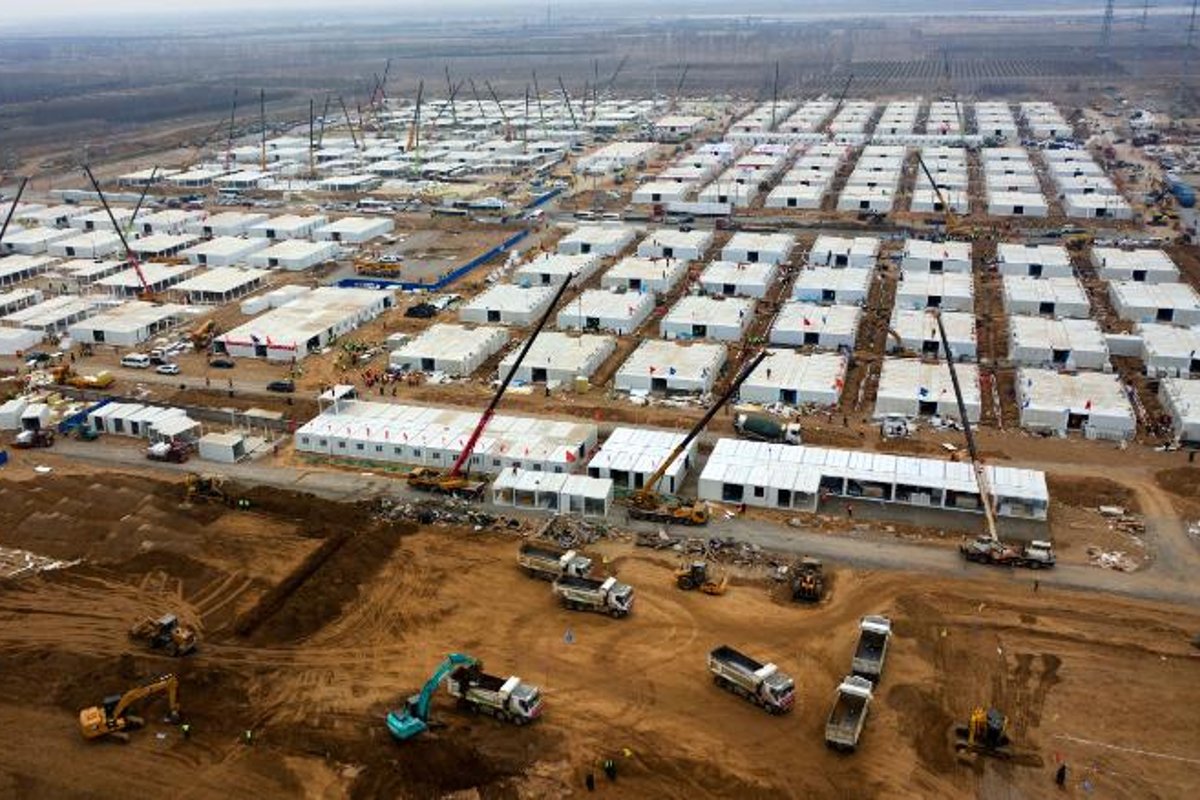Posted on: June 29, 2022, 07:12h.
Last updated on: June 29, 2022, 11:56h.
China this week slashed its quarantine requirement for inbound international travelers in half, sparking a sense of optimism in the world’s most populated country.

China’s National Health Commission said this week that inbound foreigners must now quarantine at a government-monitored facility for seven days — half of the previous 14-day isolation mandate. The substantial easing of its COVID-19 protocols is expected to help return some international air travel, which remains at just 2% of China’s pre-pandemic levels.
While most of the world has returned to a sense of normalcy, though one living with the coronavirus, China’s continued adherence to its strict “zero COVID” policy have battered its economy.
“Zero COVID” has also frustrated countries around the world, as the draconian strategy has interfered with pandemic recoveries in other nations. That’s because China is the world’s largest exporter of goods. In 2019, China sold more than $2.6 trillion worth of products internationally.
Macau to Benefit
China’s strict travel quarantine rules have kept many would-be international visitors away. China easing such quarantine protocols could entice some gamblers to book a trip to Macau, the lone place in the People’s Republic where casinos are permitted.
Shares of the publicly traded casino operators licensed to operate in Macau jumped yesterday on the quarantine news. And analysts monitoring what was the world’s richest gaming market prior to the pandemic believe China is moving towards joining other global superpowers in returning to life amid the virus.
It’s a step in the right direction,” said Sanford C. Bernstein’s Asia gaming analysts Vitaly Umansky, Louis Li, and Shirley Yang.
China’s easing of its quarantine rules on international travelers is its first nationwide COVID-19 policy change since March 2020. However, some cities, including Beijing and Wuhan, had previously been given approval from the Communist Party to ease such isolation rules.
Though China is easing travel rules for foreigners, President Xi Jinping’s administration has given no indication regarding potentially easing domestic travel policies. China’s Individual Visa Scheme (IVS), which allows mainlanders to visit the country’s two Special Administrative Regions (SARs) — Hong Kong and Macau — remains greatly suppressed.
“There is still no clarity about when border easing for Macau will occur. In the end, these changes are needed to see a rebound for Macau business,” the Bernstein analysts concluded.
President Ready to Travel
Xi has spent the entire pandemic inside the People’s Republic. But this week, the leader announced that he will finally leave the mainland after nearly 900 days.
Xi is set to visit Hong Kong tomorrow and Friday to commemorate the 25th anniversary of China’s ruling over the SAR. Prior to 1997, Hong Kong was a British colony.
The president’s last cross-border trip came in January 2020, when Xi visited Myanmar. The visit came just days before China went into lockdown.
Of the world’s most powerful leaders, none other than Xi has refused to travel internationally throughout the entire global pandemic. That decision, some say, has lessened Xi’s international standing.
“Staying at home has affected Xi Jinping’s international influence, although he tries to mitigate that impact by attending events virtually,” said Dongshu Liu, an assistant professor of Chinese politics at the City University of Hong Kong. “Still, he cannot conduct informal talks during international events without in-person attendance.”
